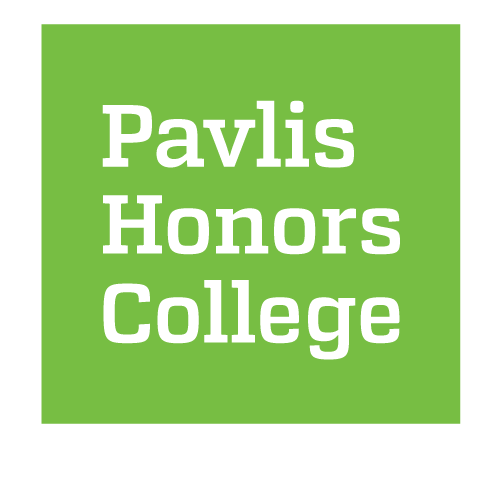What makes you curious? What makes you want to learn more? What's always intrigued you, even if it's not related to your current major? And is there a way to learn more about that side interest or make it a part of your future career? Our academic enhancement component encourages you to broaden your horizons.
An academic enhancement builds your knowledge base in an area that complements the focus of your academic experience. Academic enhancements require at least eight credits of coursework beyond your major requirements. A typical enhancement could be coursework toward a minor or a second major, a pre-professional program, or ROTC participation. It may also consist of an off-campus intensive training experience, or a combination of courses, trainings, and co-curricular activities that are linked to produce a focus area.
Examples
- Spanish to become more proficient in a second language
- Coursework in research methodology and statistical analysis if you're interested in research
- Minor in Leadership if you're interested in starting a business
- Earn a CNA certification and a follow-on position in a care facility
- Complete training in an area that interests you such as EMT Training or Ski Patrol
Minors
There are a number of minors that work well as academic enhancements. This is an incomplete list; please review Michigan Tech's available minors and talk to your advisor to learn more.
- Minor in Diversity Studies
- Minor in Leadership
- Minor in Law and Society
- Minor in Pre-Health Professions
- Minor in Public Health
- Minor in Enterprise
- Minor in Global Business
- Minor in Aerospace Studies
- Minor in Rail Transportation
- Minor in Manufacturing Systems
Why do we include the academic enhancement component?
Curiosity matters. It's how we improve ourselves and the world around us.
You'll probably never have the opportunity to study with as many subject matter experts in such a wide variety of fields as you will while pursuing your undergraduate degree. Your academic enhancement will help you stand out in interviews, add breadth of field to the depth of study you're getting in your in-major courses, or satisfy your curiosity about topics that interest you.
Time commitment
Plan on eight credits which can be free-elective credits or General Education credits or the equivalent number of hours if you choose an extracurricular experience (1 credit = 45 hours). Your academic enhancement should not delay your expected graduation date. Talk to the AE advisor early to make sure you're on the right path.
The time/effort used as your Academic Enhancement component may not be applied to other components of the Pavlis Honors Pathway.

